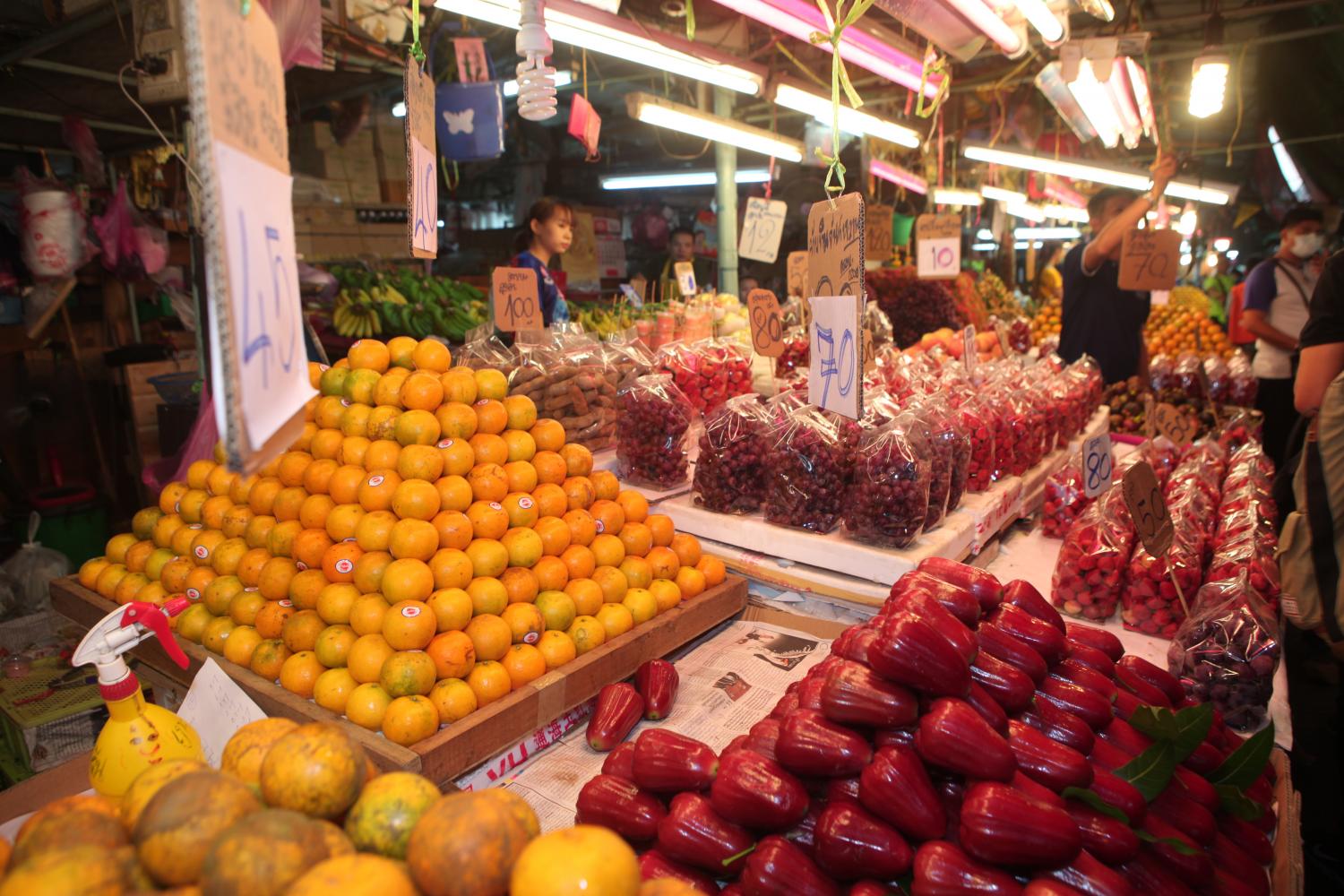
The government looks set to amend the Price of Goods and Services Act, which has been in force since 1999, aiming to apply administrative sanctions instead of criminal penalties.
Wattanasak Sur-iam, deputy di- rector-general of the Internal Trade Department, said the new penal- ties will help the act comply with changing economic and business conditions.
Administrative sanctions are broadly understood as those imposed by a regulator without the intervention of a court or tribunal.
Mr Wattanasak said Whichai Phochanakij, director-general of the Internal Trade Department, has already agreed in principle to amend the act, with the amendment based on the precedent of amendments to the Trade Competition Act, which guards against unfair practices, also applying administrative sanctions instead of criminal penalties.
Mr Wattanasak cited Section 29 of the act, stipulating that business operators shall not carry out any act with the deliberate intention to cause unreasonably low prices, unreasonably high prices or the fluctuation of prices of any goods and services.
People who violate Section 29 will be liable to imprisonment for a term not exceeding seven years or to a fine not exceeding 140,000 baht, or both.
But in practice, under the current act, punishment is limited to a 140,000-baht fine with no imprisonment if the violators are juristic persons.
More importantly, the fine is insignificant and not compatible with the impact on the market if the violators are large-scale businesses.
Mr Wattanasak said that if the administrative penalty is applied, it will allow regulators to impose a fine based on the size of the business of the violator and the impact caused.
"The administrative penalties, if applied, will help deter business operators from doing such practices, as they are unlikely to risk hefty fines," he said. "As a matter of fact, the economic penalties should be based on the size of the business and the extent of the impact, and the punishment should be executed immediately."
He said infringements of the act mostly involve price labelling and unreasonably high prices.
"The department is in the process of studying the details of the act," Mr Wattanasak said.